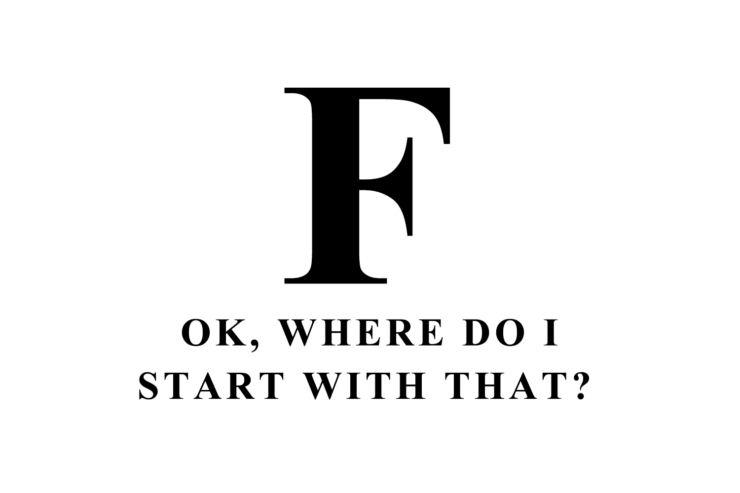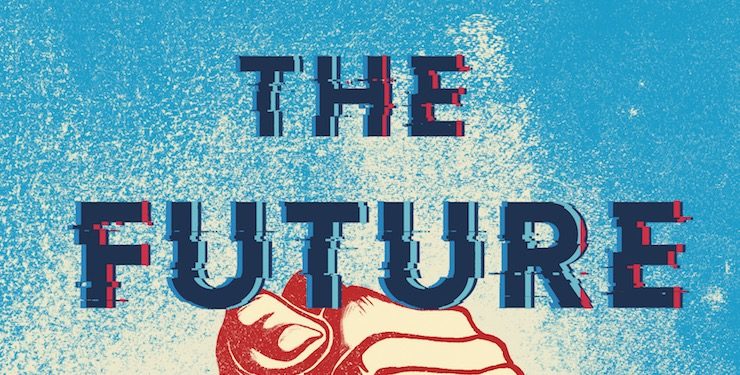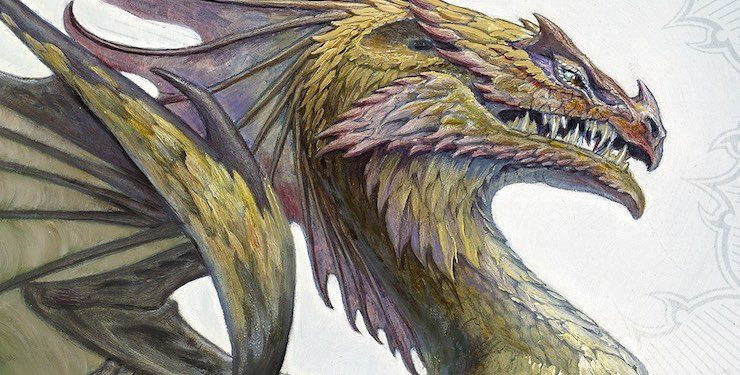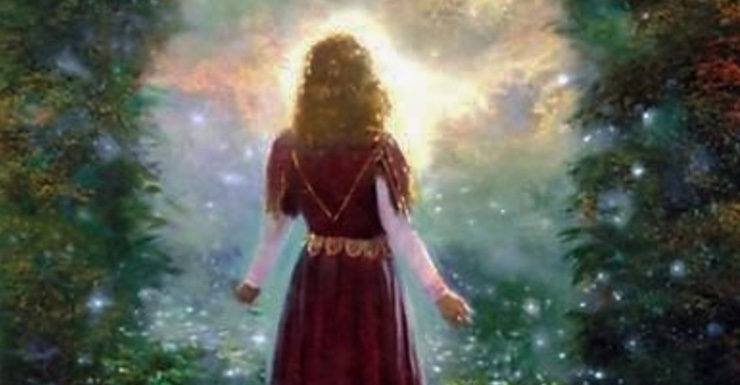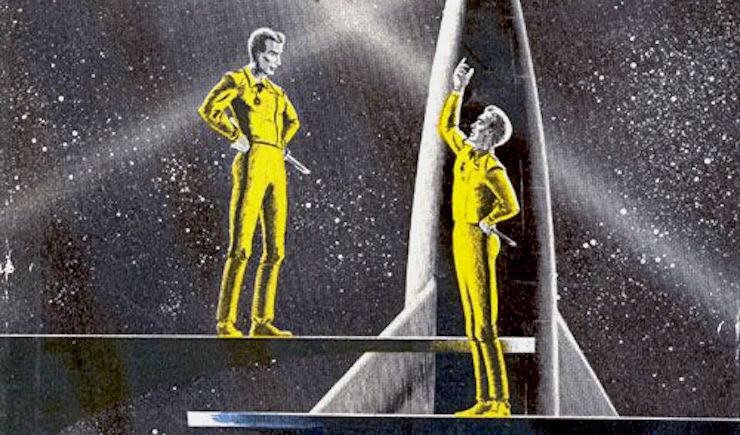This is a post in a continuing series about where to start reading specific writers—I’m going along my bookshelves in alphabetic order making suggestions. Please add anyone I’ve forgotten or don’t read, and please feel free to disagree with me (or with each other) if you think there’s a better place to start. So far I’ve managed to miss a major writer every time, and no doubt I’ll have done the same this time, when we’ll be looking at F.
I don’t know why so many letters on my shelves seem to begin with a children’s book writer, but I guess it’s just one of those cool things about alphabetical order. F starts with Eleanor Farjeon, whose work is mostly whimsical fantasy for kids. The first thing of hers I read was Martin Pippin in the Daisy Field when I was about three, but I recommend that you start with The Little Bookroom which seems to be in print. It’s a collection of excellent short stories that read aloud well, and I see no reason that adults shouldn’t enjoy them too—except that sometimes it’s hard to get that kind of perspective on stories you’ve loved since you were a small child.
With Philip Jose Farmer, I’d suggest starting with a short story collection if you can find one. Any one will do. All of my very favourite things of his are short stories—I think they suited his exuberant style. Someone should reprint a comprehensive collection in a nice edition. The best novel to start with is definitely To Your Scattered Bodies Go, the first Riverworld series book. Farmer was excellent at big ideas, like having everybody who ever lived reincarnated naked along the shores of a planet-scale Mississippi. He couldn’t always follow through on them so that they made sense, which is one reason why I prefer his short work. He’s also credited with having invented sex in 1953, at least by SF readers. Philip Larkin disagrees.
David Feintuch—Midshipman’s Hope.
Nicholas Fisk is a British writer of SF for kids. He’s not really in the category of “still good when you’re grown up”, but I have a copy of Space Hostages that I bought because I used to love it so much. It’s funny, when I was nine it was a 900 page book full of detail, and now it’s a little thin thing, because most of the story happened in my head. However, if you know a kid who reads—not a teenager, a grade school kid—and you gave them any of Fisk’s books you can find, they might well be able to enjoy the wonderful Nicholas Fisk books I imagined I was reading.
Constantine Fitzgibbon—I already wrote about When The Kissing Had to Stop.
Has anybody not read Louise FitzHugh’s Harriet the Spy? If not run don’t walk and—I’ve just found out that there are sequels written by other people. Excuse me, I have to go and kill them now.
Peter Fleming wrote travel books in the 1930s and he’s adorable. They were reprinted in the late nineties and are relatively findable, more than when I was first looking for them anyway. Start with Brazilian Adventure. He was Ian Fleming’s older brother, and a spy, and some consider him the inspiration for James Bond.
With Eric Flint, start with 1632.
Michael Flynn, definitely Firestar.
For John M. Ford you can start anywhere, but the World Fantasy Award winning The Dragon Waiting is still in print if you like subtly twisted history, and so is The Last Hot Time if you like urban fantasy. And there’s a collection of his short work From the End of the Twentieth Century which might be the best introduction to his amazing range.
E.M. Forster, probably Howard’s End. Not SF. But you knew that.
Margaret Forster, also not SF. If you like historical novels at all, you’d probably enjoy Lady’s Maid, which is about Elizabeth Barrett Browning’s maid. She’s also written a number of very good feminist novels about modern Britain, and a number of even better biographies.
Robert Forward wrote very hard SF. Start with Dragon’s Egg which is about people, well, aliens, living on a neutron star.
M.A. Foster—start with either The Gameplayers of Zan or The Morphodite.
John Fowles, well, The Magus or The Collector or The French Lieutenant’s Woman.
Many people would suggest you start George MacDonald Fraser with Flashman, which begins his Flashman series. They’re historical fiction, seeing all the highlights of the nineteenth century from the point of view of Harry Flashman, the cowardly bully of Tom Brown’s Schooldays, which I read as a kid but I bet you didn’t. Anyway, I used to like the Flashman books but they curdled on me. What I’d recommend instead are his McAuslan stories which are very funny semi-autobiographical stories about being in the army at the end of WWII. If you like the training camp sections in military SF, you will like these.
C .S. Friedman, I suggest starting with In Conquest Born. It’s Over The Top Space Opera. In a good way.
Esther Friesner typically writes funny things, but I think her best work is serious. You might not be able to find Psalms of Herod easily, but it’s an interesting book that bears comparison with Atwood and Elgin and Tepper rather than Aspirin and Pratchett.
Jo Walton is a science fiction and fantasy writer. She’s published eight novels, most recently Half a Crown and Lifelode, and two poetry collections. She reads a lot, and blogs about it here regularly. She comes from Wales but lives in Montreal where the food and books are more varied.










